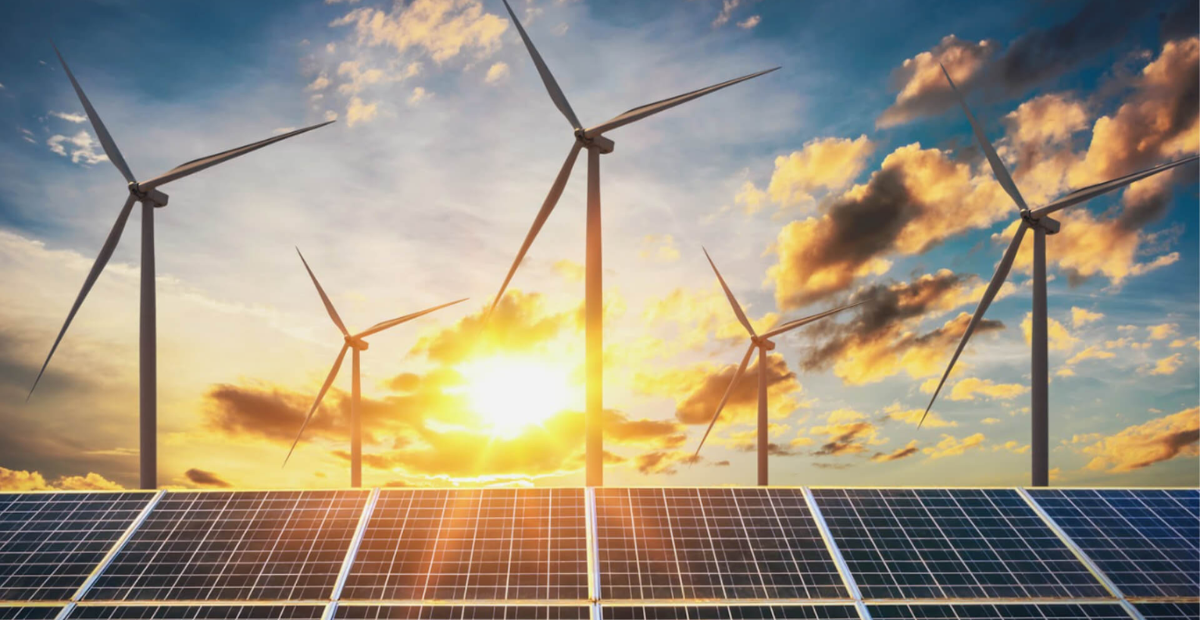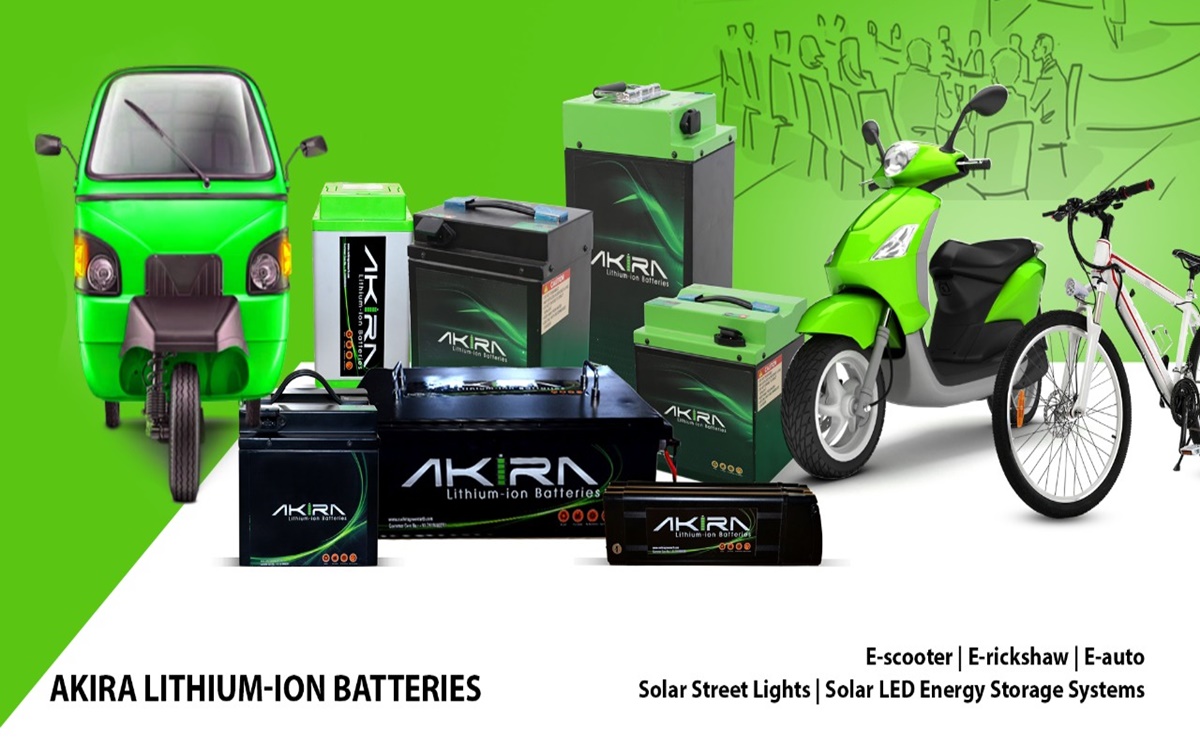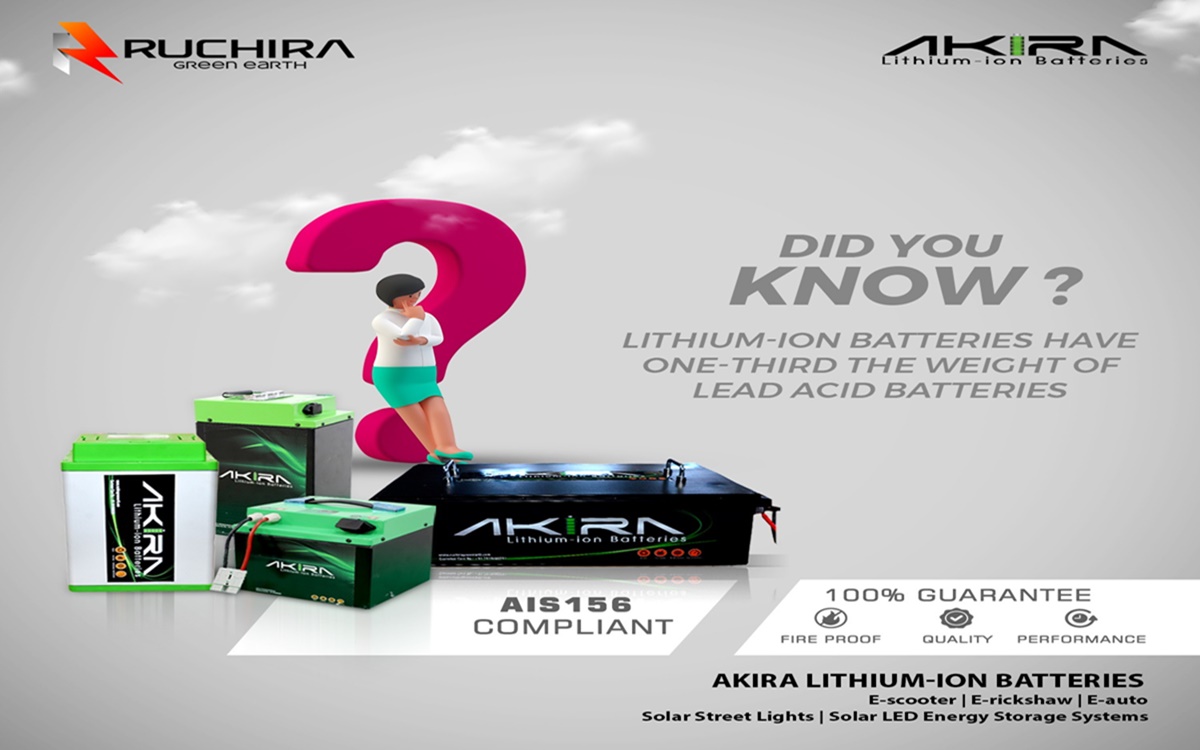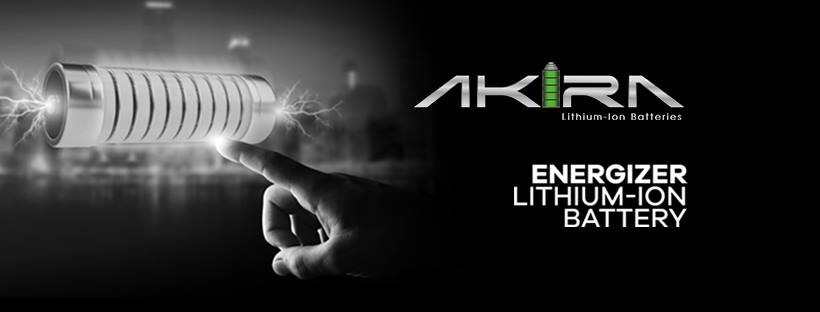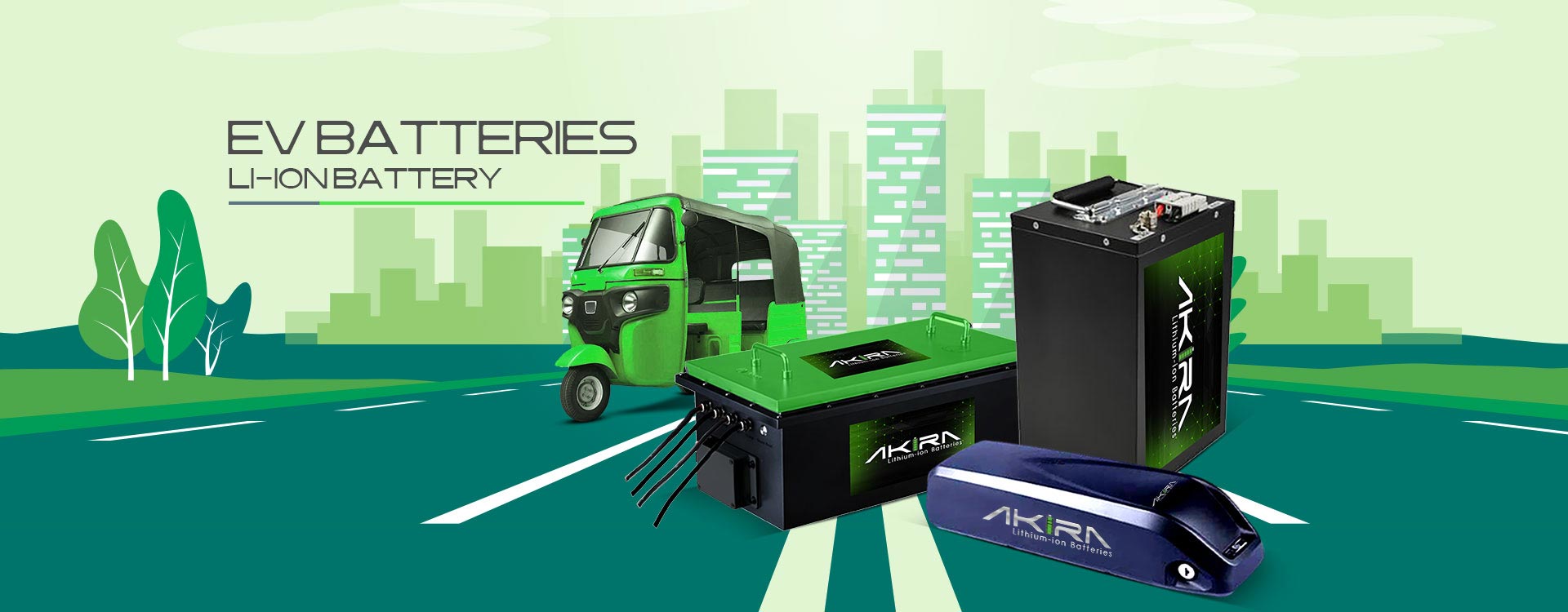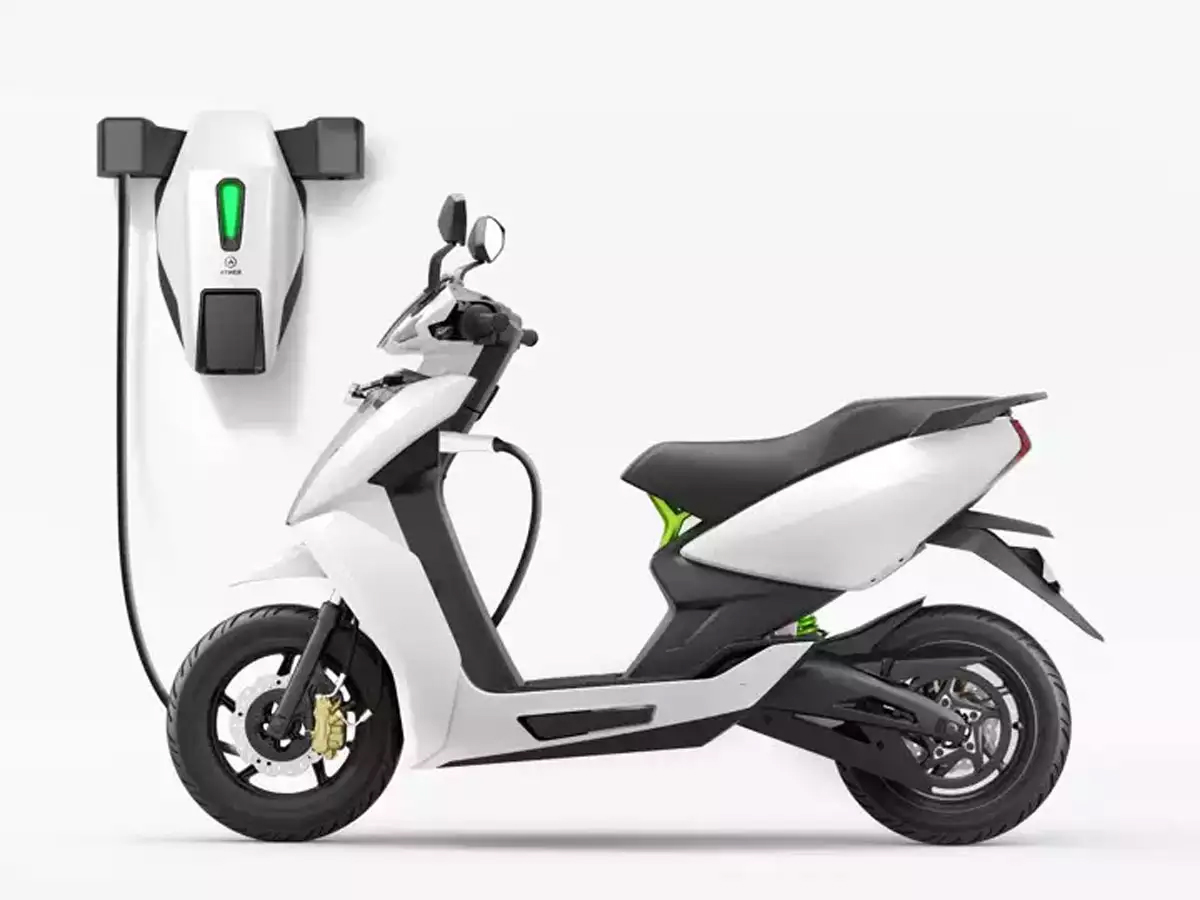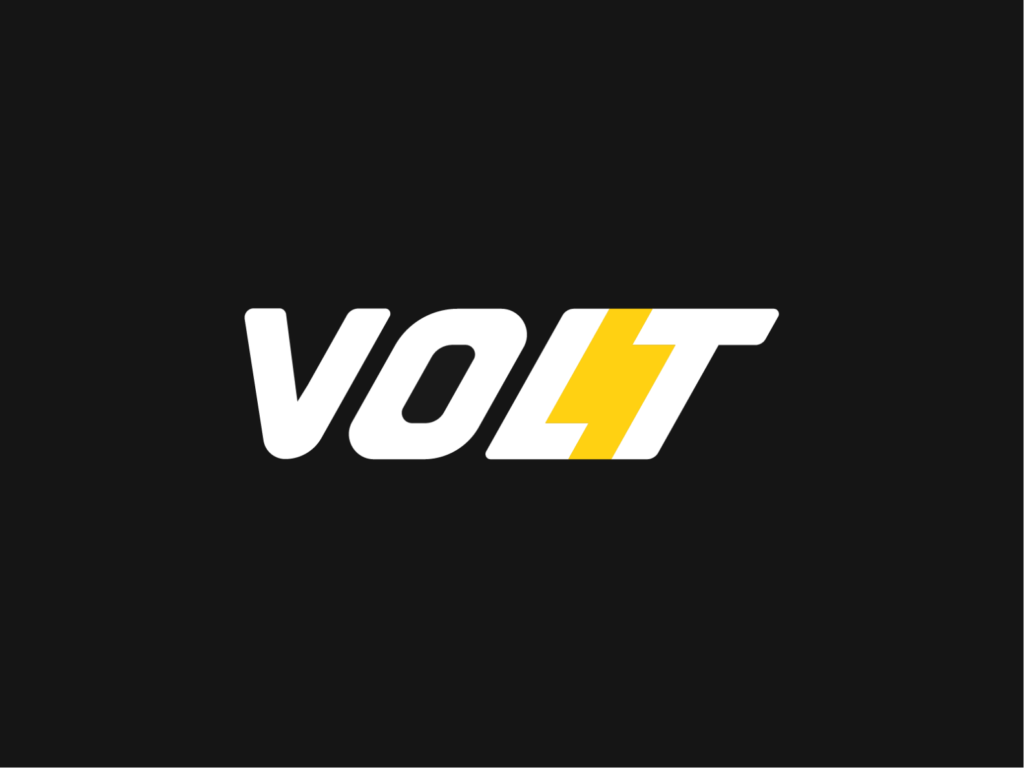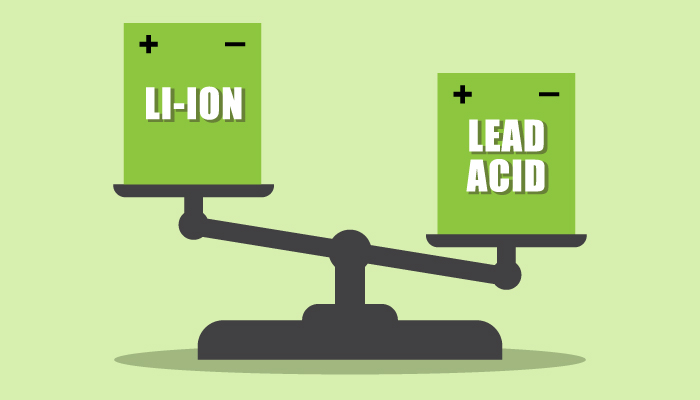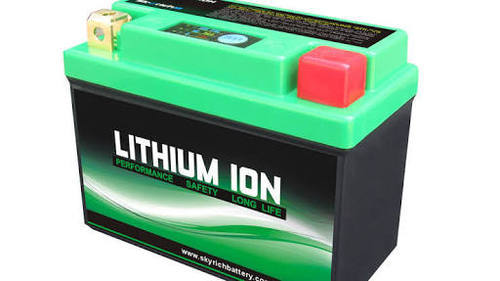In an era where sustainable energy sources are gaining increasing importance, solar power has emerged as a promising solution. To fully capitalize on the potential of solar energy, efficient and reliable energy storage is crucial.
Akira, as a leading lithium-ion battery manufacturer in Haryana, India, plays a pivotal role in revolutionizing renewable energy through their cutting-edge solar lithium-ion batteries. In this blog, we will explore how these batteries are harnessing the power of the sun and transforming the renewable energy landscape.
Solar Lithium-ion Batteries: The Foundation of Energy Independence.
In this era of sustainable energy, solar energy technology is being led by solar lithium-ion batteries. They provide a means to capture and store surplus solar energy during the day for use during periods of low or no sunlight. This capability enables homeowners, businesses and even entire communities to become more self-sufficient and reduce reliance on traditional power grids.
Empowering Solar Self-Consumption.
Solar lithium-ion batteries’ capacity to allow solar self-consumption is one of their major advantages. This makes it possible to use extra energy generated during the day to be stored and used at times when solar energy consumption exceeds its production during nights or times of shade. This minimizes reliance on the grid, maximizes energy utilization and reduces electricity bills. Akira’s solar lithium-ion batteries excel in this aspect, providing efficient energy storage solutions for a variety of applications.
Enhancing Grid Stability with Solar Battery Systems.
The reliability and stability of the grid is also supported by solar lithium-ion batteries. These batteries function as a buffer for intermittent solar energy production, reducing power swings and the effects of rapid changes in energy supply. This is especially helpful in locations with uncertain grids or places that are exposed to natural disasters, where keeping a steady supply of power is crucial.
Unlocking Off-Grid Possibilities.
For remote locations or areas with limited or no access to the power grid, solar lithium-ion batteries offer an unprecedented opportunity for energy independence. Off-grid solar systems combined with these batteries provide reliable electricity for homes, schools, healthcare facilities and other critical infrastructure. Akira, as one of the prominent solar battery manufacturers in Haryana, India, plays a crucial role in empowering off-grid communities and fostering sustainable development.
Sustainable and Eco-Friendly Solution:
The environmental benefits of solar lithium-ion batteries cannot be overstated. By storing excess solar energy, these batteries minimize reliance on fossil fuel-based power generation, reducing greenhouse gas emissions and combating climate change. Moreover, lithium-ion batteries are known for their recyclability and Akira emphasizes eco-friendly manufacturing and recycling practices, ensuring a sustainable life cycle for their batteries.
Future Innovations and Advancements:
As the demand for solar lithium-ion batteries continues to grow, Akira and other solar battery manufacturers in India, are actively engaged in research and development to further enhance performance, efficiency and safety. This ongoing commitment to innovation will unlock new possibilities and drive the widespread adoption of renewable energy solutions.
To conclude, solar lithium-ion batteries represent a game-changing technology that is revolutionizing renewable energy storage. With Akira at the forefront of lithium-ion battery manufacturing in India, the harnessing of solar power becomes more accessible and efficient than ever before. By incorporating these advanced batteries into solar energy systems, individuals, communities and businesses can achieve energy independence, reduce environmental impact and pave the way for a sustainable future.
